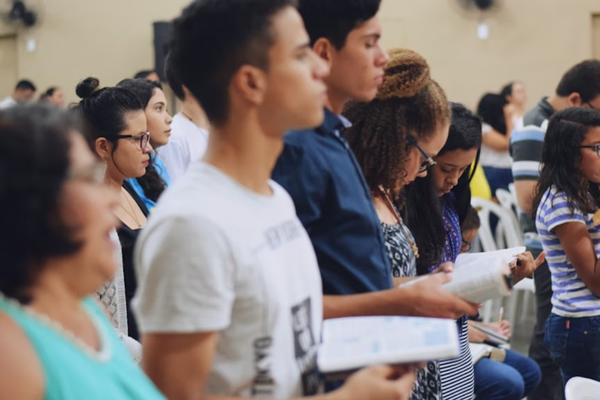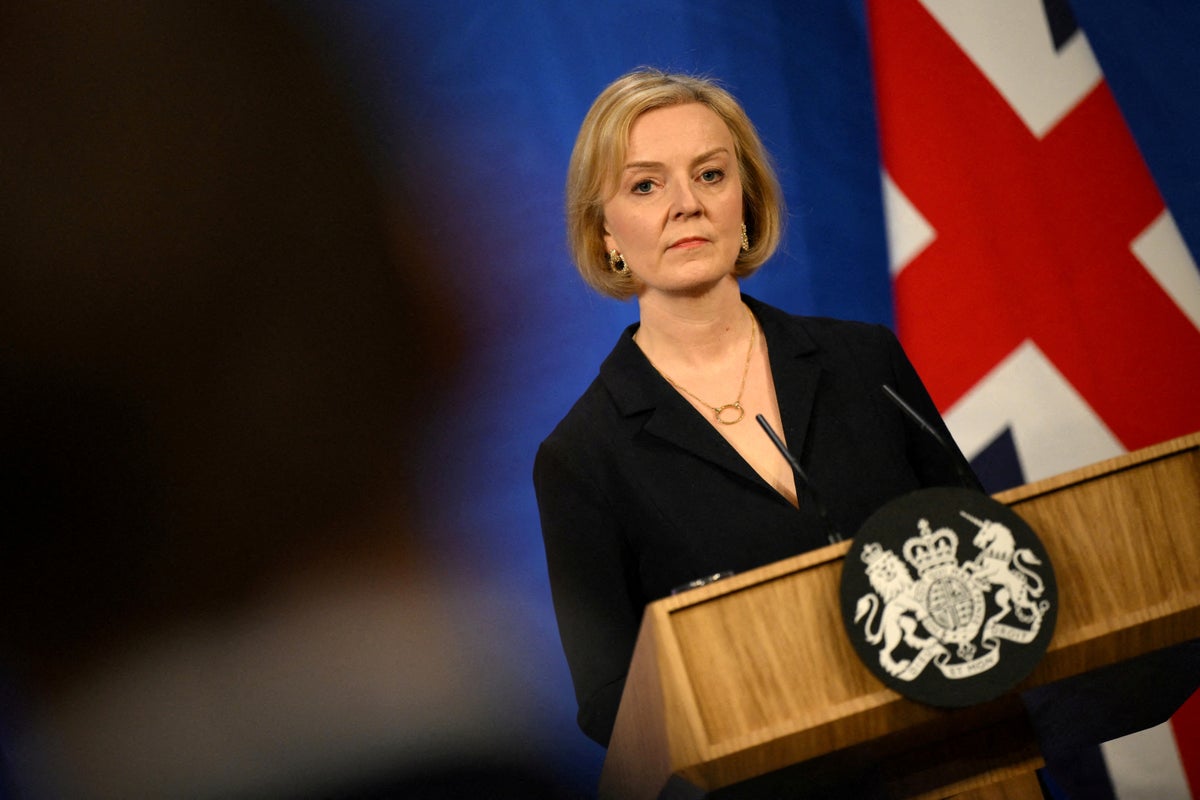
Unions representing tens of millions of workers in India are calling on Britain to suspend talks on a trade deal with the country, warning it would open UK markets to goods produced by child labour and modern slavery.
A deal with the south Asian giant is one of the most coveted goals of Britain’s post-Brexit trade policy, after hopes of a similar agreement with the US came to nothing. But Indian unions have claimed working conditions within the country could deteriorate further as a result of any deal, with Britain’s Trades Union Congress (TUC) raising concerns over the “widespread” use of forced labour.
India’s 2011 census puts the number of child labourers in the country at 10.1 million, with 5.6 million boys and 4.5 million girls.
“Low pay and exploitative conditions are widespread in India, with forced and child labour found in a number of industries including textiles, silk, brick manufacturing, shipbreaking, embroidery, hospitality and tobacco,” the unions said in a joint statement with the TUC.
“Instead of paving a new path of development, it may further deteriorate the condition of workers in India,” Shoya Yoshida, of the International Trade Union Confederation (ITUC), added. “Respecting trade union and human rights should be a prerequisite in signing trade agreements.”
Unions representing 47m workers in the country are now urging the UK to suspend negotiations with Narendra Modi’s government until it respects basic international labour standards.
Liz Truss had said she wanted to conclude the talks in time for Diwali next week but that has been thrown into question after she announced her resignation on Thursday.
It is the latest in a series of blows for the prospective deal after the former home secretary Suella Braverman said liberalising visas for Indian travellers to the UK was “not what people voted for with Brexit” and could drive illegal immigration.
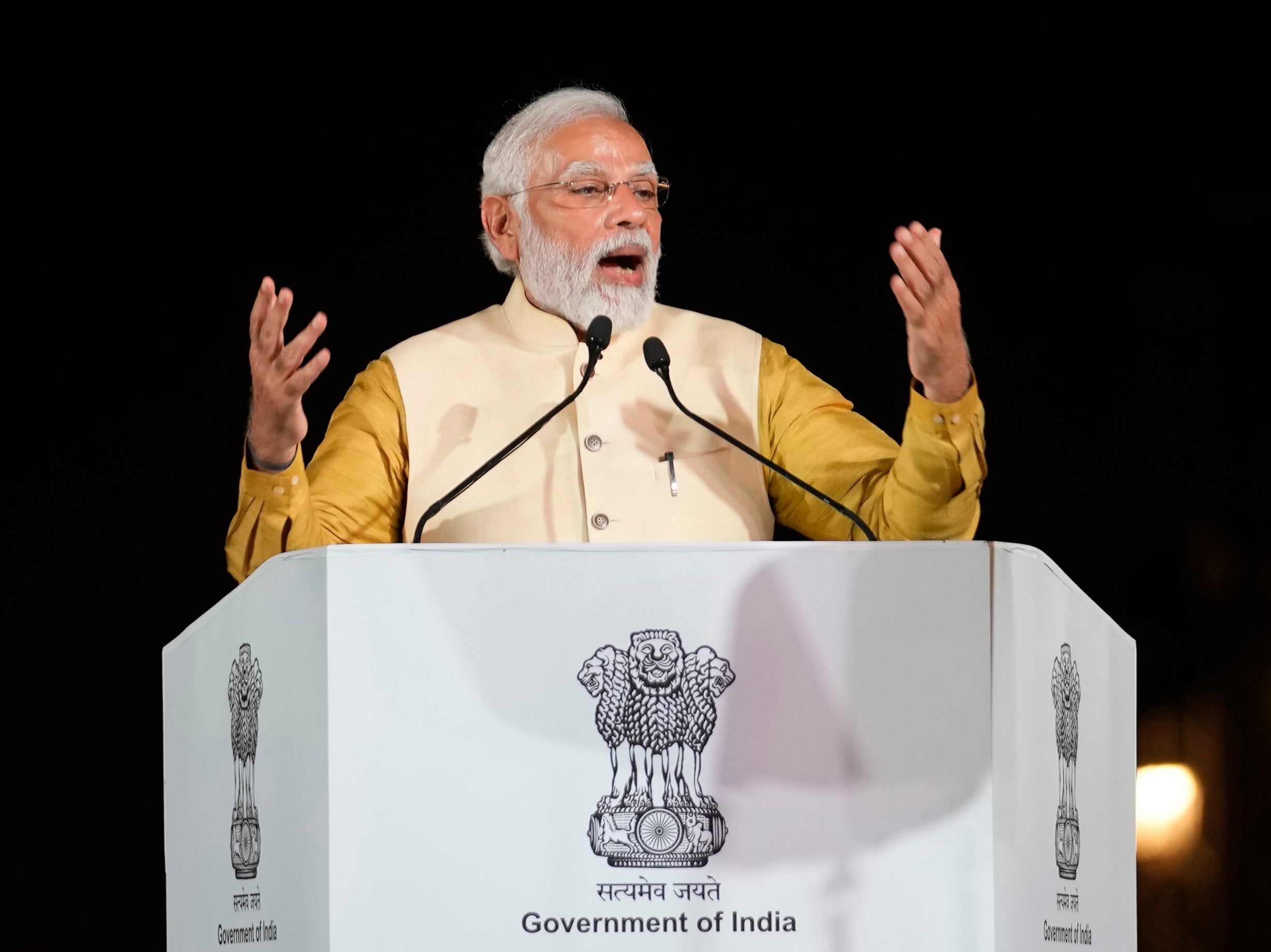
Her comments incensed the Indian side, with the country’s ministers reportedly left “shocked and disappointed”.
Signatories urging a halt to talks include the country's largest trade union confederation, the Indian National Trade Union Congress – and other unions representing workers across virtually every sector of the economy.
“In 2020 India adopted labour laws that severely limit the right to strike and workers’ right to collectively bargain with employers,” the union statement said. “India has not ratified all the fundamental International Labour Organisation (ILO) conventions, including those on freedom of association, collective bargaining and health and safety at work.
“In November 2020 the Indian government violently suppressed strikes to protest against these labour laws and passing agricultural reforms that would threaten the livelihoods of millions of farmers.
“Furthermore, anti-terrorist laws, such as the Unlawful Practices Prevention Act, are being used to imprison thousands of trade unionists.”
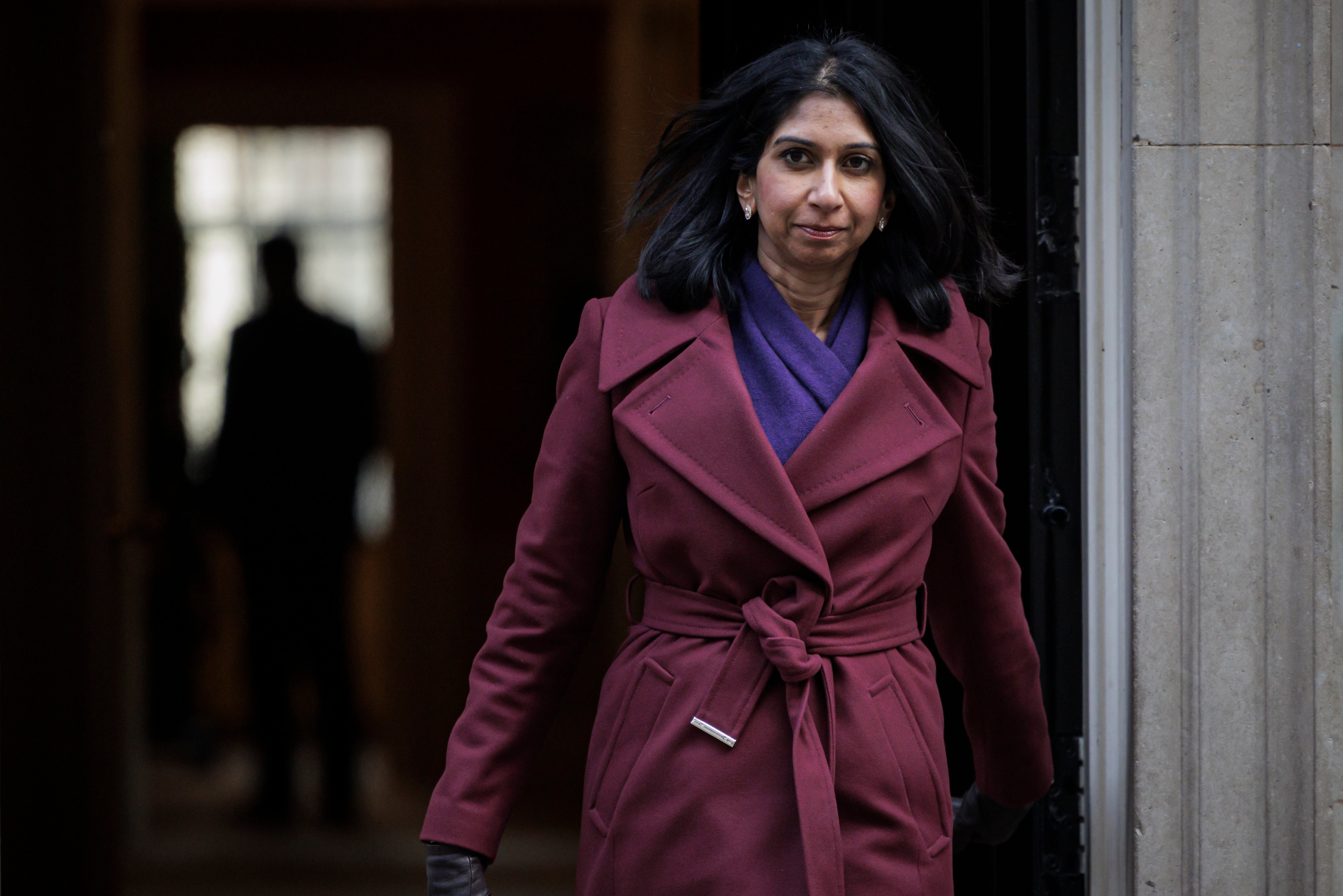
The unions come from different corners of India’s vast and powerful organised labour movement and include federations with millions of members, such as the HMS, CFTUI and SEWA.
They say they are worried the agreement could displace workers in good jobs by undermining the country’s domestic industries, while British unions have also warned it could make it easier for companies to send Indian workers to the UK without complying with agreements over pay and conditions.
There are also fears that India removing tariffs on agriculture could undermine its ability to produce its own food.
The organisations say no agreement should be agreed until India signs up to fundamental UN International Labour Organisation (ILO) conventions on workers’ rights.
Shoya Yoshida, of the ITUC-AP, told The Independent: “When the government of India is not showing any respect for core labour standards in the current situation, including the right to organise and collectively bargain, the India-UK trade deal will not serve its purpose of genuinely bringing prosperity to the people of its countries.”
Frances O’Grady, the general secretary of the TUC, said the UK should be “using its leverage on the global stage to promote decent work” and urged ministers to “listen to trade unions in both the UK and India and act to stop serious rights abuses”.
“A UK-India trade deal could encourage companies to outsource more jobs from the UK to India, leading to a race to the bottom,” she said. “And such a deal could deepen gender inequalities and threaten food security in India by encouraging cheap imports.”
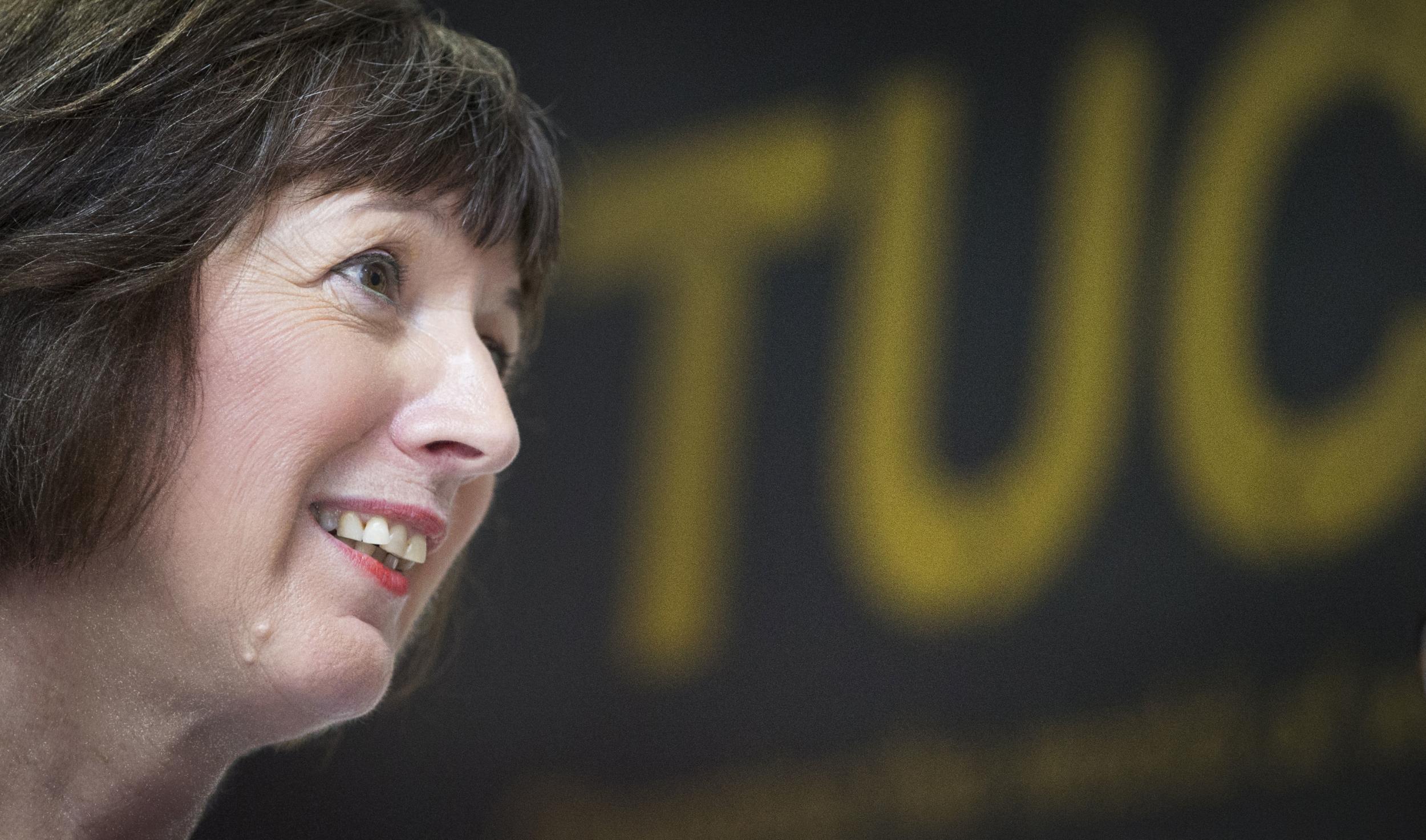
The US government’s Bureau of International Labor Affairs states that “children in India are subjected to the worst forms of child labour”, with children performing “dangerous tasks in garment production, stone quarrying, and brickmaking”.
Meanwhile, NGO Amnesty International notes that the Indian government has cracked down on NGOs campaigning against child labour without giving reasons.
India’s ministry of labour and employment says that “the problem of child labour continues to pose a challenge” but that the government “has been taking various proactive measures to tackle this problem”.
It however notes that “considering the magnitude and extent of the problem and that it is essentially a socio-economic problem inextricably linked to poverty and illiteracy, it requires concerted efforts from all sections of the society” to solve.
A spokesperson at the UK’s Department for International Trade said the government did not comment on live trade negotiations but added: “We maintain a high level of protection of our labour standards and will not compromise them in any of our trade agreements.
“The UK continues to advocate for the highest labour standards and working conditions globally, including working to eradicate modern slavery in global supply chains.”





